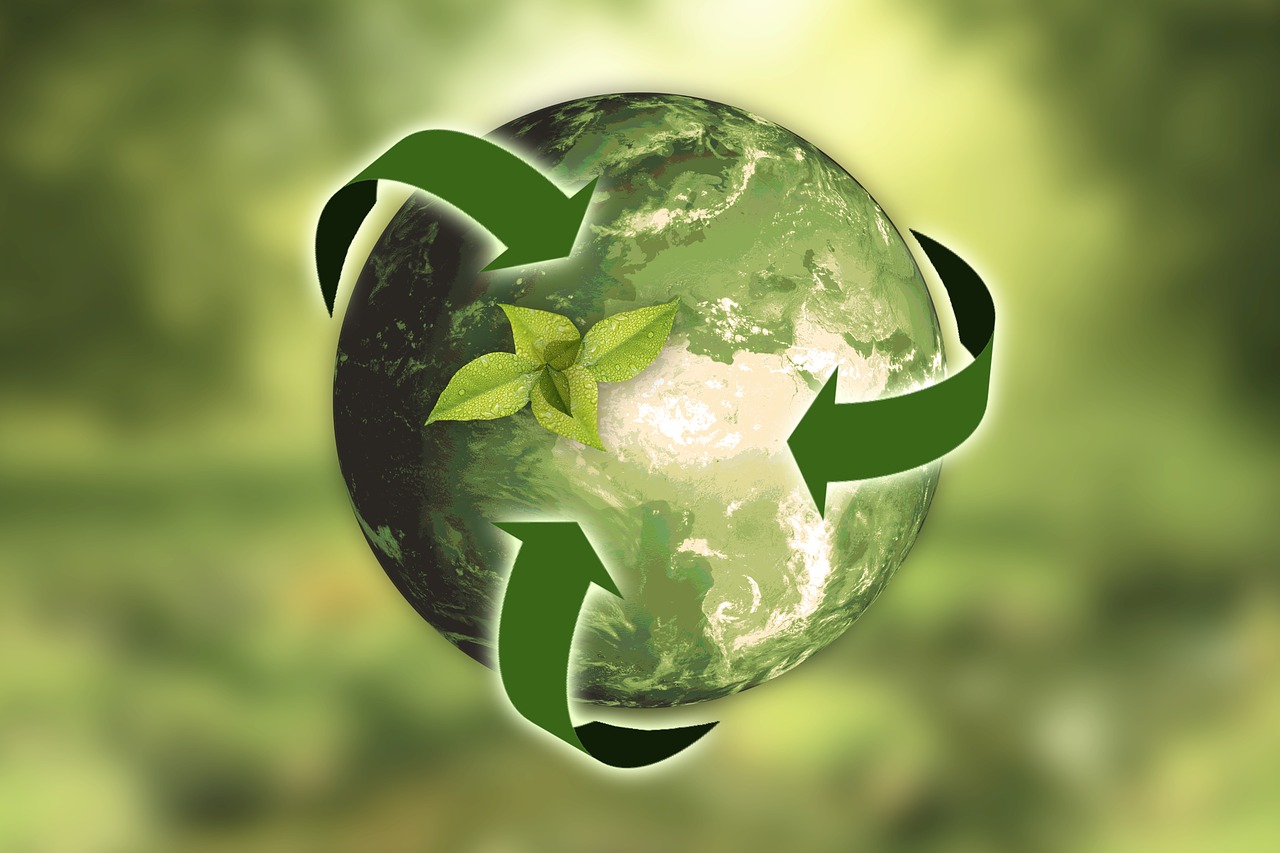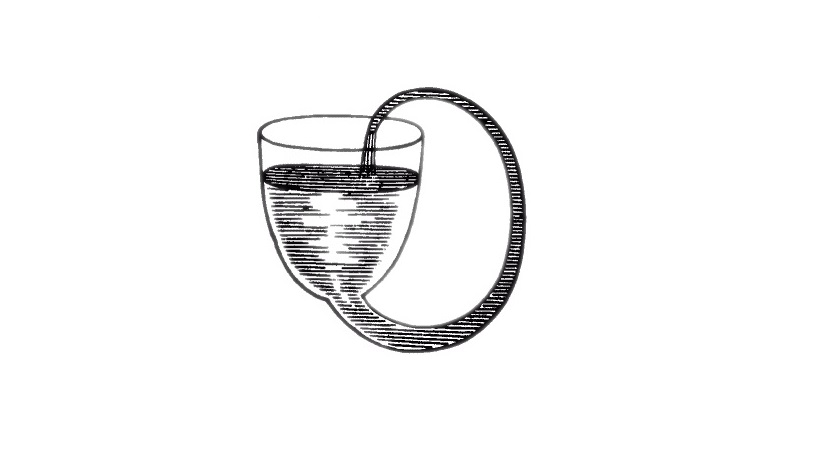Published: May 7, 2023 by Vlad George Ardelean
Sustainability is an important idea. Superficially, it makes a lot of sense, but ultimately, whether we’re consuming energy or resources slowly or fast, we’re going to run out of them at some point.
A little history of the earth
The history of Earth is interesting. There have been a lot of species that lived here and then went extinct. They were driven to extinction by a multitude of factors, among which: climate, other species, disease, volcanoes, asteroids, atmospheric composition etc.
Humans arrived on the scene relatively recently. Since our arrival, we have slowly at first killed off a large part of the bigger animals (see Yuval Noah Harari’s book “Sapiens”). Lately, the speed at which species go extinct has accelerated to such a degree that we’re calling the current moment the 6th mass extinction.
Equilibrium in nature
In common vocabulary, there’s a notion of “equilibrium in nature” floating around. What could be meant by it?
The Merriam-Webster dictionary defines it as:
a state of balance between opposing forces or actions that is either static (as in a body acted on by forces whose resultant is zero) or dynamic (as in a reversible chemical reaction when the rates of reaction in both directions are equal)
This does not help us much, but based on the biological history of Earth, we can at most say that “equilibrium” can refer to a state where some species go extinct, and others appear at rates close to their averages. That’s how life on Earth appears to work: it’s dynamic, and irreversible. Species go extinct and new ones appear, and we can’t get the extinct ones back.
Humans and nature
In the book “Sapiens” the author, Yuval Noah Harari, claims that actually, since around 70 thousand years ago, humans have slowly but surely exterminated most large species of animals. He claims that the fact that most bigger animal species live in Africa, shows how we actually killed off most of the other animals on the other continents.
So even if we think with nostalgia about times when humans were better integrated with nature, we still need to conclude that we were simply being slower at forcing species to go extinct than we are today.
The problems of circular economies
The European Parliament defines a circular economy like this:
The circular economy is a model of production and consumption, which involves sharing, leasing, reusing, repairing, refurbishing and recycling existing materials and products as long as possible. In this way, the life cycle of products is extended. In practice, it implies reducing waste to a minimum. When a product reaches the end of its life, its materials are kept within the economy wherever possible thanks to recycling. These can be productively used again and again, thereby creating further value.
While this is a great idea, ultimately it has a few problems:
- For practical purposes, no material can ever be recycled 100%. Sure, metal can be melted, and recast, but purely by chance, pieces of it will be lost. The European Union classifies some materials as critical raw materials If we ever lose these critical materials, we’ll lose the technologies that they enable. It’s imaginable how losing a phone will take away some small amount of critical raw materials. It’s also imaginable how mining more of that material, might not be possible at some point. It’s also imaginable how when organic materials are washed away by rain and reach the ocean, a small amount of phosphorus is lost with them. The effort to recover that phosphorus from the ocean will be higher than the benefit gained. At that point, we’ll have practically lost a key element for life. In any case, making the point that we could forever recycle every material is very hard because of entropy: atoms mix slowly with each other, and at some point, rare elements will be so spread out, that we’d have to turn the surface of the planet inside-out, looking for materials atom-by-atom. This doesn’t even take into account losing materials to outer-space.
- To even be able to recycle, we need energy and resources. Keep in mind though that we’ll be increasingly losing resources, while at the same time, requiring more and more energy for recycling. In time, more energy will be required because as with anything, we’re recycling first the things easier to recycle. At some point, mining will become difficult enough, that it will simply be easier to start going through the garbage produced in the past, in order to find recyclable things
- The planet itself will become uninhabitable at some point, because of many kinds of problems. Wikipedia keeps a list of these events in timeline of the far future I will mention here slowly decreasing CO2 levels (a problem in opposition to climate change because of CO2), and the sun turning into a red giant and swallowing the earth.
- At some point, either energy, or some resource will become exhausted. Even if we manage to survive as a society around other stars, like red dwarves, the last red dwarf will eventually die out. If we master fusion, the idea stays the same, we will run out of fuel to use for fusion.
In the end, even if we’re as conservative as possible with our resources, we’ll run out of energy to use them.
The conclusion is problematic for the idea of sustainability:
- Sustainability did not exist before humans existed on the planet. Nature just worked, because it happened to have enough resources and energy for some time
- Our ancestors have not been acting sustainably. They accelerated the destruction of species to levels higher than those species were replaced
- We’re far from sustainable now
- Even if we manage to be sustainable in the future, energy and materials will not last forever
Ultimately, finding a source if infinite energy is a solution to these problems, that will allow some life forms in the future to go on forever, always having as many resources and energy as they want. They could be our descendents. They will not be sustainable, they will not be in equilibrium, they will just keep growing their societies forever.


